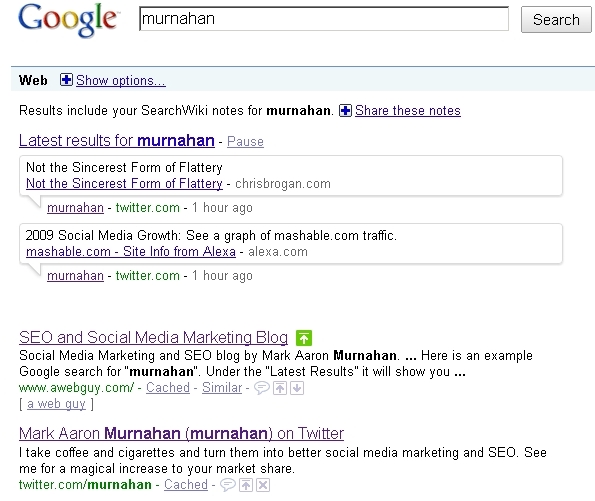I know you are expecting it to be snarky, so I will try to avoid letting you down. Yeah, you guessed it, I am writing yet another “Mr. Smarty Pants” article on social media. This time it is about some of the very good reasons for not hiring a social media consultant. Without further delay, I want to introduce Mr. John Lunchbucket of Clip Away Paper Clip Company to explain some reasons his company didn’t hire a social media consultant.
Number 1 – Obscure Market Audience
“We sell paper clips. It would be pretty boring to blog, tweet, and Facebook about that, don’t you think? I doubt anybody could make our business more fun or engaging.”
If that is the attitude you take, Mr Lunchbucket, you are right. You should probably carefully avoid social media. Come to think of it, you may do well to stop marketing your business completely. You wouldn’t want to bore people with paper clips such as explained in this video:
Number 2 – We Can Do It In-House
“Jerry in accounting set up our Twitter and Facebook accounts and he sends out some stuff every day. He says that by handling it in-house we can save a lot of money. “
I guess I really do understand this idea. After all, I was thinking about going to dentistry school so I can take care of my kids’ teeth one day.
It is good to spread the work around. It can show off the company’s best assets … the people. However, the sad part is that Jerry didn’t have anything more productive to be doing. Now I know why. While Jerry is busy handling bad marketing efforts, the accountant over at the competition is counting the money Jerry used to account for.
Number 3 – Localized Market
“We only provide products and services in a localized market. The Internet is better suited for companies doing business with a broader geography.”
This is fine if the people in your market area don’t use the Internet, like at the bottom of the ocean! I suppose that the enhanced search engine ranking from those links on other Websites talking about your company would be considered wasteful. Maybe you should save some of that recognition for the competition. When I ask the people at your competitor, can I quote you?
I am glad you have such a good grasp on my job, Mr. Lunchbucket. I hope you don’t go into my line of work like everybody else who “knows” the Internet as well as you.
Number 4 – The Expense
“It has been a tough year, and our budget is shot. We just can’t justify spending money on something that could take months to see a return on our investment.”
You are correct, Mr. Lunchbucket. It has been a really challenging year for a lot of companies. Thanks for pointing this out for me, because I really only like to do business with companies willing to plan for being around in a year or more.
Something to consider is whether it has been hard for your competitor, too. If so, but they get a leg up on you, how much harder will it be next year? If you only market during the best of times, you are doomed to fail. Allow me to share a wise quote with you:
“The man who stops advertising to save money is like the man who stops the clock to save time.” –Thomas Jefferson
Number 5 – It Doesn’t Work!
“We already tried social media and it didn’t work. It was a big waste of time!”
Yep, it sure was a waste of time. It is a good thing you figured that out early. Maybe Jerry in accounting can get back to counting all of that money you are making through your newspaper and phone book advertisements. Good luck in the coming year!
Number 6 – We Ran Out of Reasons
“We ran out of reasons, but we are pretty sure there are others.”
